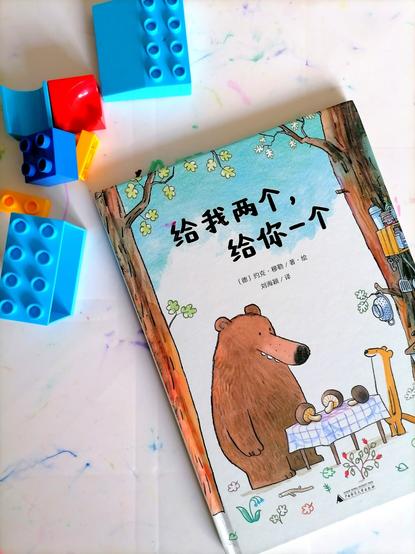Internal motivation towards helping others, forging good relationships, building community, self-development characteristically leads to wellbeing in those who have such virtuous internal motivations (Ryan and Deci 2022). Self-determined social relations characteristically develop wellness and virtuous character traits that give people integrated regulation to do that which is good for themselves and for others (Ryan and Deci 2022). “Integrated regulation involves doing activities because they are important for and congruent with one’s goals or values,” (Ryan and Deci 2022). Ryan and Deci, and many others, provide very good philosophical arguments enriched by mountains of scientific research demonstrating the above as well as the conclusion that, “self-determined functioning is associated with greater creativity, superior learning, better performance, enhanced well-being, and higher quality relationships,” (Ryan and Deci 2022). It is important to note the distinction in well-being and happiness as Ryan and Deci use the terms. We agree with their assessment that well-being and happiness are related yet distinct. Even though happiness is good, “Happiness cannot fully define well-being,” (Ryan and Deci 2022). “Wellness is more than merely a subjective issue,” and “In contrast, happiness (e.g., assessed by the presence of positive affect and absence of negative affect) is a subjective issue,” (Ryan and Deci 2022). But “It is not that happiness is unrelated to wellness, nor should happiness be ignored,”; Happiness is a “symptom of wellness,” that ”typically accompanies or follows from eudaimonic living and is associated with basic need satisfaction and growth,” (Ryan and Deci 2022).
Humans are not just volitional animals (nor are humans merely rational dependent animals– as relevant and true as such a notion is); humans are also institutional animals–as well as political, economic, and social animals (Bookchin 2022). Institutional animals exist within, and are able to create forms of malleable structured social organization with specific forms and functions (within the bounds of conditions and potentiality). Different qualities of institutions enable and constrain different kinds of behaviors. That which is good for humans includes good kinds of institutional forms, contents, and relations that partially define as well as enable the self-determination of each and all. When it comes to good institutions and what is good for institutional volitional beings, what is good is not a mere quantitative aggregation of hedons, happiness, and the like (as good as hedons, happiness, and the like can be); what is good for such beings includes the wellness that comes with meeting needs (including needs for sustenance and self-determination and good relatedness), a multiplicity of good institutional and relational qualities and the means thereof, qualitative rights and duties in harmony with the self-management of each and all, activities and practices entangled with and flowing from such freedom, and individual virtues. Although institutional beings have the potential to create the most horrific kinds of hierarchical formations, institutional beings also have the potential to create good sets of rights and duties, formal equality of decision making power, deliberative and democratic decision making processes, and a guaranteed minimum in terms of access to means of existence, common means of production, and horizontal politics (Bookchin 2005, 2022). Human nature and history demonstrates that depending on the presence and absence of various conditions, humans have the potential for everything from radically egalitarian relations to radically hierarchical relations (Bookchin 2005).
For political economic beings, “true freedom is to have full self-determination about one’s social economic and cultural development,” (Ervin 2021). The freedom of each and all includes the “freedom to develop as one sees fit… integrated to the fullest extent with social responsibility to others,” (Ervin 2021). The right kind of autonomy for rational, dependent, institutional, volitional, political, economic, social beings consists of: the self-management of each and all, the means thereof, political economic expressions thereof– including rights and duties in harmony with such self-management, as well as a panoply of institutional and relational qualities contributing to the living flourishing of the above. The right kind of relatedness to each other politically, economically, and socially includes and gives rise to the self-management of each and all– which itself requires certain kinds of political, economic, and social qualities and practices.
https://usufructcollective.wordpress.com/2023/07/18/gestalt-of-the-good-2023-remix/
#ethics #normativeethics #philosophy #politicalphilosophy #virtues #virtueethics #morality #freedom #equality #moralrealism #anarchism #anarchy #communism #socialism #libertariansocialism #libertariancommunism #communalism #socialecology #dialectics #dialecticalnaturalism

